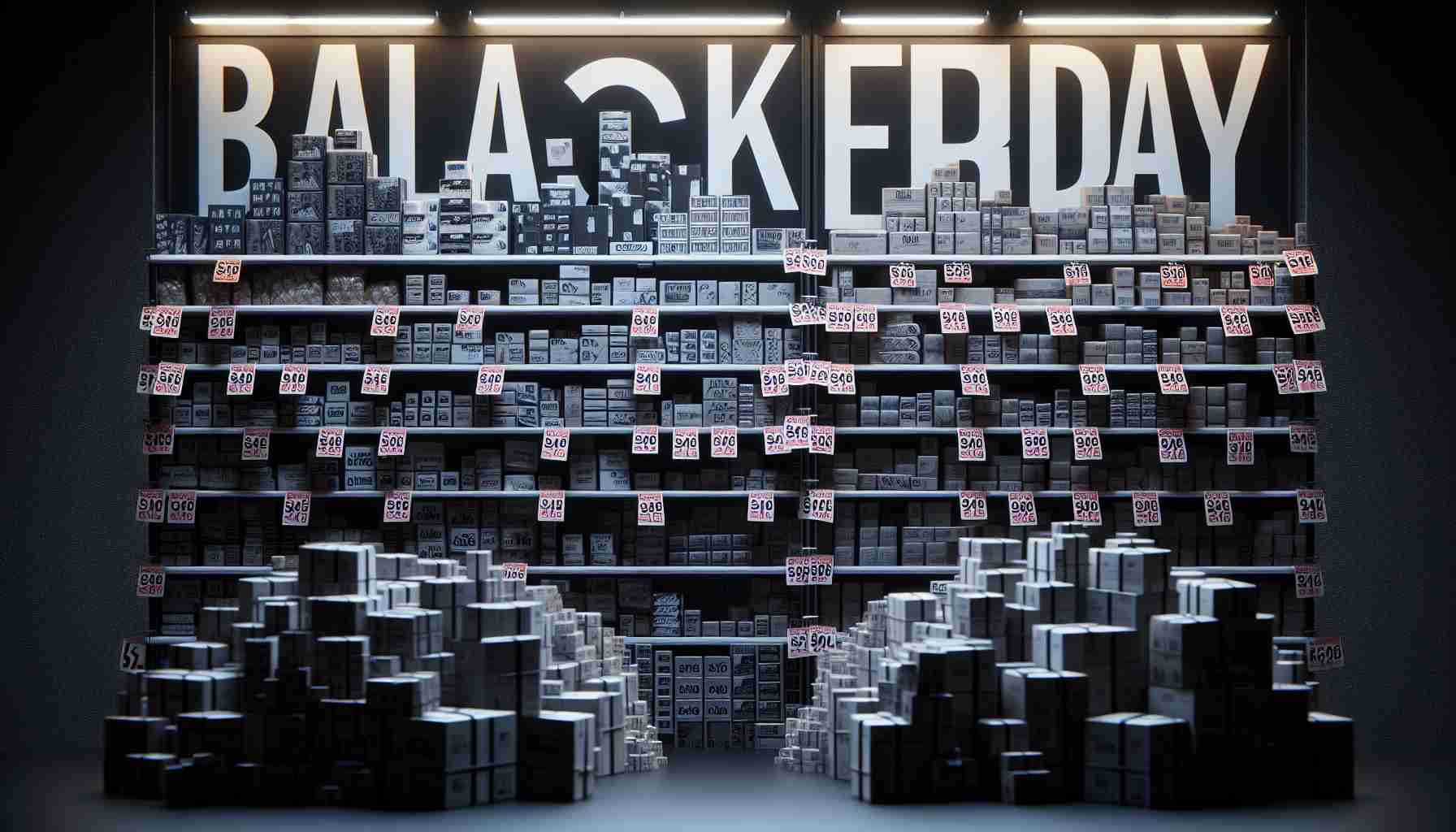In the midst of the Black Friday week of 2024, excitement rules as shoppers anticipate the best deals of the year. However, beneath the facade of staggering discounts lies a murky truth. While retailers promise up to 80% off on selected items, the truth about these deals may not be as glamorous as portrayed.
Unveiling the Curtain of Deception
Instead of quoting facts, it’s imperative to highlight how retailers manipulate prices to their advantage. The supposed consumer frenzy that originated in the US has spiraled into a day of potential fraudulent schemes in Spain, as the Organization of Consumers and Users (OCU) uncovers numerous deceptive tactics utilized by retailers during Black Friday.
Exposing the Sham
Rather than reiterating quotes, illustrate how the OCU’s investigation during the previous Black Friday revealed a startling fact: a significant percentage of products didn’t witness the promised price drops. Additionally, the rampant practice of inflating prices instead of offering genuine discounts jeopardizes the trust between businesses and consumers.
Strategies to Combat Deceptive Practices
Shifting focus from legal jargon, emphasize the importance of vigilant consumer behavior. Encourage readers to monitor product prices before Black Friday to detect any potential price manipulations. By being proactive and informed, consumers can shield themselves from falling prey to misleading discounts and ensure fair shopping experiences.
Unmasking the Hidden Realities of Black Friday Deals
As the fervor surrounding Black Friday builds each year, it’s crucial to peer behind the curtain of seemingly irresistible discounts to uncover some lesser-known truths about this shopping extravaganza.
What Are the Key Questions to Consider?
– How do retailers employ psychological tactics to lure in shoppers during Black Friday?
– What are the ethical implications of inflating prices before offering discounts?
– Are consumers fully aware of the potential pitfalls associated with Black Friday deals?
Key Challenges and Controversies
One significant challenge in the realm of Black Friday deals is the prevalence of misleading pricing strategies. Retailers may artificially inflate prices before the sale to create an illusion of hefty markdowns. This practice not only deceives consumers but also raises concerns about the integrity of the retail industry.
Another controversy lies in the ethical dilemma faced by both businesses and consumers. While retailers aim to boost sales and attract customers with attractive discounts, the means by which these discounts are presented can sometimes lack transparency and honesty. This tenuous balance between driving revenue and maintaining trust can lead to tense interactions between shoppers and stores.
Advantages and Disadvantages
Advantages: Black Friday deals can present genuine opportunities for consumers to save money on high-ticket items and kickstart their holiday shopping. The excitement and thrill of snagging a coveted product at a discounted price can also add to the overall shopping experience.
Disadvantages: On the flip side, the hyped-up nature of Black Friday can instigate impulsive purchases and compel individuals to buy products they might not necessarily need. The pressure to capitalize on limited-time offers and fear of missing out on deals can lead to overspending and buyer’s remorse.
In light of these complexities, it’s essential for both retailers and consumers to navigate Black Friday with caution and awareness.
Explore further insights on consumer protection and shopping ethics on the Consumer Federation of America website.
